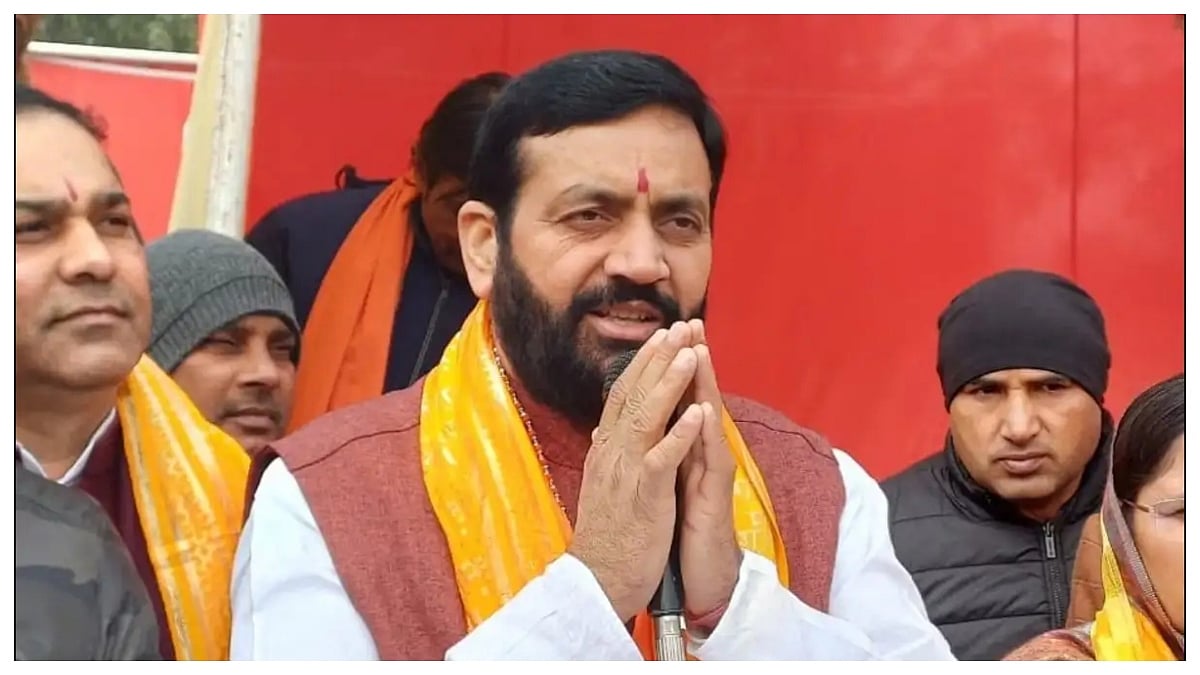Thomas Jefferson -- a spokesman for democracy -- said, “Agriculture is the wisest pursuit, because in the end, it will contribute the most to real wealth, good morals and happiness”. This describes agriculture’s significance for the Indian economy. We have not realised the essence of this statement even after 73 years of Independence and centuries of farming experience.
For years, agriculture has been running as a stand-alone sector, not integrated with the working of the national economy. Over 70 per cent of rural households depend on agriculture. Agriculture contributes about 17 per cent to India’s GDP and provides employment to over 60 per cent of the population. This implies significant underemployment and disguised employment. However, its potential is immense. Agri-prospects have been further enhanced during the Covid-19 pandemic, showcasing the faster transformation of health foods.
The challenges are many. Firstly, agriculture, especially the perishable food industry, is crucially dependent on ambient weather for its various activities---sourcing, logistics, transportation and distribution. Nature’s vagaries are becoming frequent, with cycles of unseasonal rains and droughts. Though efforts are made to make available climate finance, small farmers get deprived of the same as they are not much aware of climate change and also about the efforts the government is making to mitigate the same.
Political interference, another challenge, invariably obstructs the progress of reforms. Punjab poses a serious problem for implementation of the new Central farm laws. Trains have not been running in Punjab for the last over two months due to farmers’ protests, resulting in huge losses. Though a truce is being worked out and protesting farmers claim to have vacated all the tracks, they are insistent that they will only allow goods trains to run. Railways is insistent that it will either run both passenger and goods trains, or none at all. The latest is that despite farmers lifting their blockade of the tracks and agreeing to let all trains run in Punjab, they are not relenting on their protest as they feel Central laws will lead to dismantling of the minimum support price system, throwing them defenceless to the whims of big corporates.
Last-mile connectivity (LMC) is critical for making India’s implementation system a success, more so in rural India. Covid has accelerated the importance of LMC, as seen by various announcements under the 'Atmanirbharta' movement. Dependable and quality electricity and water supply for every village are vital for achieving inclusive economic growth.
The agri sector has been the only sector to register impressive growth during Covid times. Amid the pandemic, rice exports have surged. Nestlé, Dabur, and Britannia Industries have been aggressively expanding into rural areas, adding small packs, thanks to favourable monsoons, higher MSP in some states, reverse migration and the government's welfare push.
Notably, agriculture too can live the 1991 'Eureka' moment of the initiation of liberalisation. In September 2020, the government legislated three farm bills, which are being followed up with a series of reforms aiming to rejuvenate the stagnant sector. However, an open mindset amongst all stakeholders has to be nurtured, which seems difficult at present, as states ruled by opposition parties have started politically opposing the Central laws. Farmer activists are alleging these reforms to be a move to frighten small farmers.
In fact, India’s agricultural sector is getting transformed into a market-driven field. Farm bills have placed agricultural reforms on auto-pilot mode, just as the liberalisation move had done in 1991. Even then, there was vociferous similar opposition, which proved wrong over time. It is essential that farmers need to be made aware about the purpose of the opening-up moves i.e. to streamline the agricultural value added supply chain, free the smaller farmers from the stranglehold of the middlemen and enable the emergence of a holistic and consistent framework for the farmers to benefit from a pre-determined market price on the eve of sowing.
Subsequent to the farm bills, more measures are being announced, like the ₹65,000-crore fertiliser subsidy for farmers, the Indian Council of Agricultural Research (ICAR) aligning agri-education with National Education Policy and the Centre clearing seven projects under the agro-processing cluster scheme.
Agriculture, at last, is evolving into a mature sector. The National Agricultural Cooperative Marketing Federation of India (Nafed) is setting up a 10,000-tonne capacity, temperature-controlled warehouse for long-term storage of produce like onions and apples, which will help farmers and stabilise prices. The application of technology in agricultural development is gaining momentum. Some technology firms are specialising in data-driven farming. The focus on climate-resilient agriculture is evident. ‘OneWeb’, a broadband satellite communications company run by the UK government and India’s Bharti Global is expected to boost rural broadband connectivity in India and other developing countries.
An action plan is required to address the country’s mega inadequacy – farm distress and its adjunct unemployment. Punjab, which has been opposing the Farm Bills tooth and nail, should not be allowed to go the Bihar way on agriculture reforms. Agri reforms should not be viewed through a political lens.
The issue is why Punjab farmers marched to Delhi despite the state passing its own farm Bills. The farmers feel that the proposed state legislations are at best, a symbolic political statement against the Centre's farm laws and are likely to get entangled in legal complications. Ad hoc policies should be avoided, like the recent measures on onion exports.
In fact, competition amongst states to usher progressive agri reforms should be encouraged. Promoting agricultural interests should be made intrinsic to all free trade agreements. As India is rich in natural and cultural resources, agri-tourism could be considered for enhancing farmers' income. Farm liberalisation still has a long way to go. As farm legislations have profound ramifications for food security, these should not be allowed to adversely affect consumer sentiment.
The writer is a corporate economist









